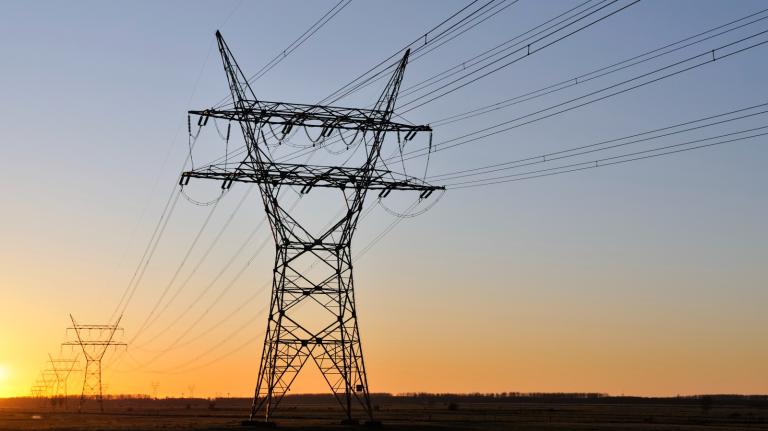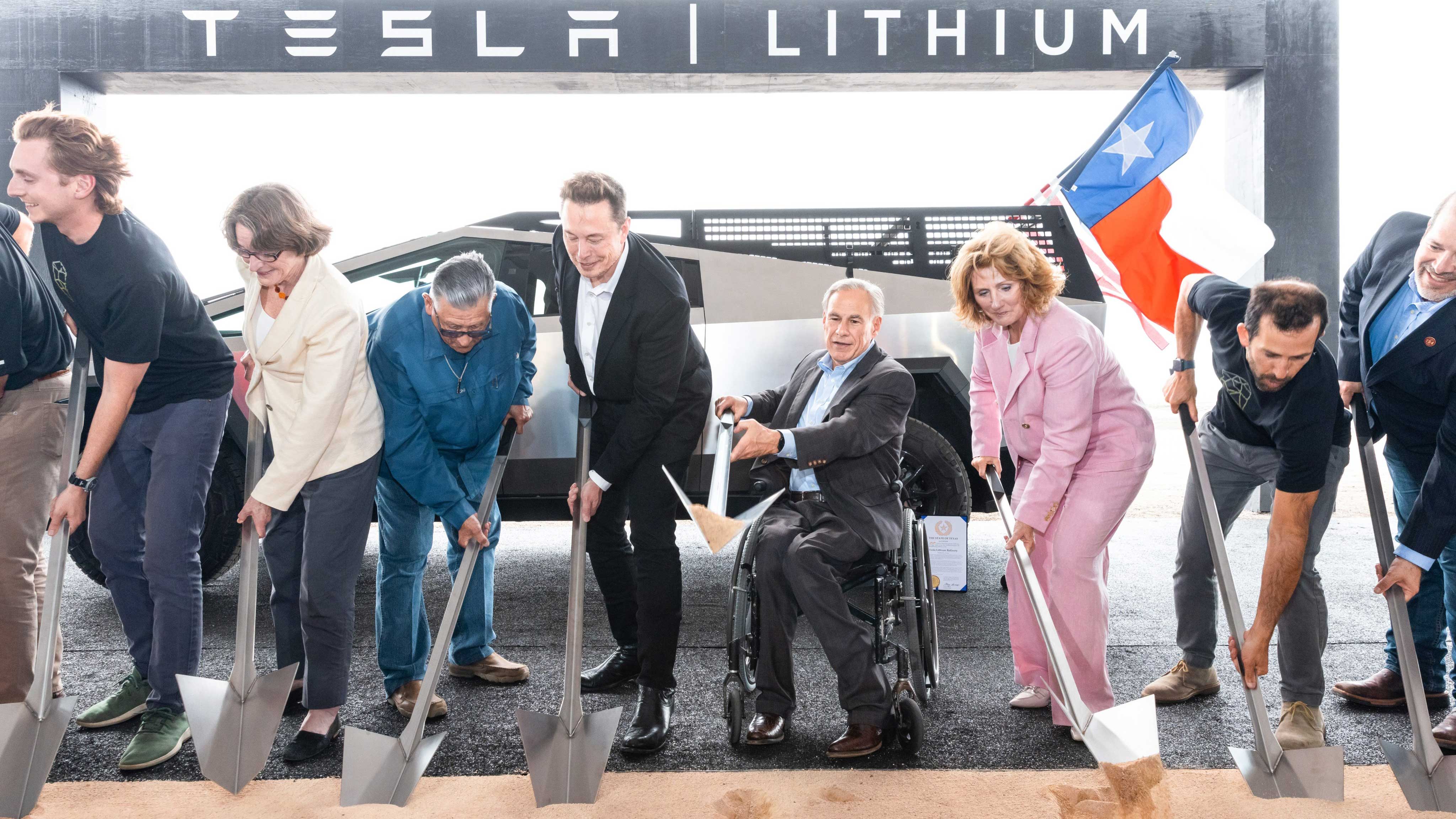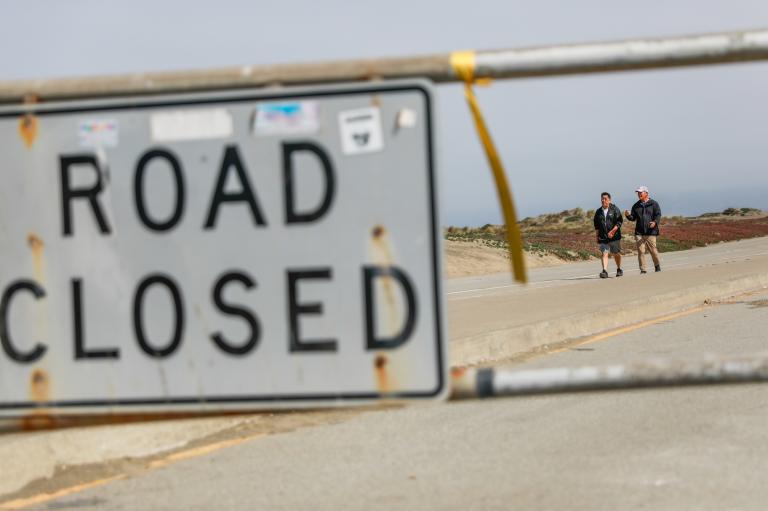In a first among United States automakers, Tesla will begin refining its own lithium, a critical material for electric vehicle batteries.
The company broke ground on a $375 million lithium refining plant in Corpus Christi, Texas, this week, which CEO Elon Musk said will process enough lithium for 1 million vehicles annually.
“We thought it was important to address … a fundamental choke point in the advancement of electric vehicles, [which] is the availability of battery-grade lithium,” Musk said at the groundbreaking ceremony on Monday.
The Biden administration is working to help fast track the transition to electric vehicles, or EVs, but a domestic supply chain for lithium and other crucial battery materials — from mining to refining to recycling — is almost nonexistent in the U.S. The country is responsible for just 1 percent of global lithium refining; China, meanwhile, processes more than half the world’s lithium.
“EV technology is really all lithium-dependent right now and probably for quite a while going forward,” said Melissa Barbanell, director of U.S.-International Engagement at the World Resources Institute and an expert on the clean energy economy. “So if we are reliant on other countries for that lithium then there is a possibility we will not be able to meet our goals.”
Over the last year, the Biden administration has directed billions of dollars to automakers, materials processors, and start-up companies to help address this gap in domestic battery manufacturing. The Inflation Reduction Act, signed into law last August, also adjusted the Clean Vehicle Tax Credit so that eligible vehicles must meet certain battery sourcing requirements, with materials largely coming from the U.S. or free-trade-agreement partners.
Tesla processing its own lithium will help ensure the company’s vehicles qualify for those credits and will protect it from supply chain fluctuations and geopolitical disruptions. While it is the only U.S. automaker with a plan to refine its own lithium so far, General Motors announced in January that it would invest $650 million in the Thacker Pass lithium mining project in Nevada.
Tesla claims its refining process is more environmentally friendly and will consume 20 percent less energy than conventional methods. It will also produce less-toxic byproducts that could be repurposed in construction materials, the company said. “We end up as a net environmentally very neutral site,” said Turner Caldwell, senior manager of battery minerals and metals at Tesla. The company estimates construction on the Texas plant will conclude in 2025.
Even with less impactful processing methods, sourcing lithium and the other critical minerals essential to the green transition remains controversial. Multinational lithium mining companies, including some of Tesla’s suppliers, have been accused of causing environmental and social harm, such as impacting water supplies, and desecrating Indigenous land. While Tesla has early agreements in place with companies that will mine lithium in North America, there is currently only one operating lithium mine in the United States.
Expansion of lithium mining has met opposition in parts of the U.S., such as North Carolina. Instead, mining critics argue, the green transition should focus less on electrifying passenger vehicles and more on improving public transit and micromobility options. But Barnabell said the advantages to mining domestically go beyond supply chain reliability. Avoiding shipping lithium ore thousands of miles around the world would reduce its carbon footprint, and the U.S. could potentially employ more environmental and social oversight than operations in other countries. “When it’s being done in the U.S., we know the laws that are applied,” she said. “A lot is developing in terms of how we track if it’s being done right.”
In addition to shoring up the supply of new minerals for EV batteries, the Biden administration has made large investments in making the domestic battery supply chain circular: The Department of Energy recently granted a conditional loan of $2 billion to a Nevada EV battery recycler.
Caldwell said that while the Texas facility’s lithium will originally come from hardrock mines, the process is designed to be “feed flexible,” meaning it could in the future refine lithium from recycled sources, such as manufacturing scrap and end-of-life batteries.



